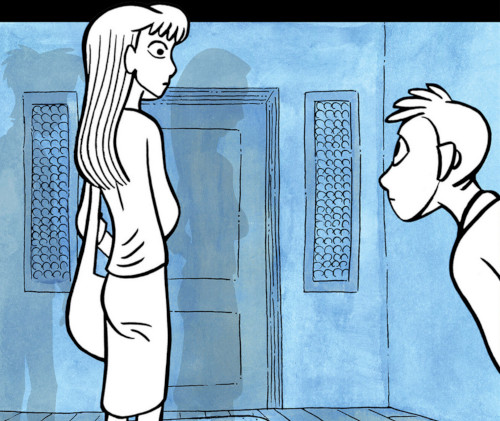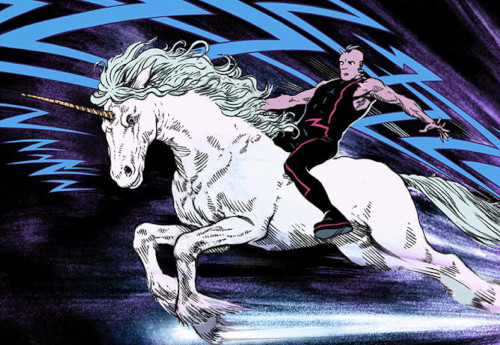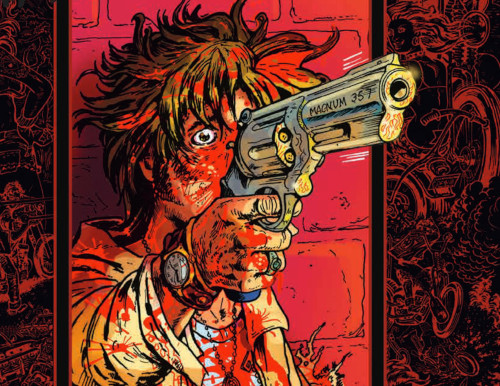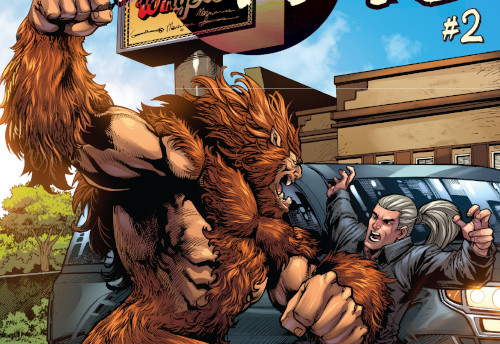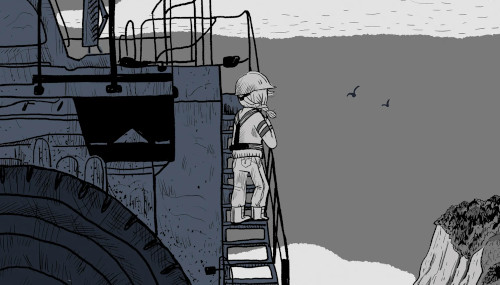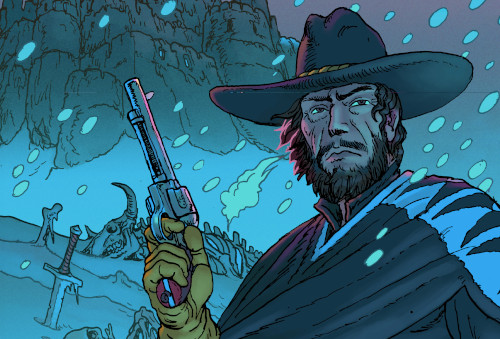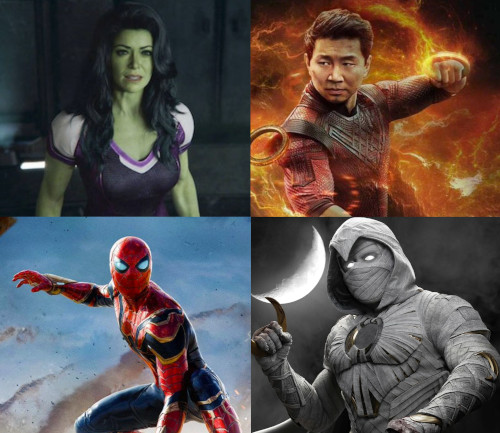
Marvel’s “Phase Four” block of movies and TV shows has wrapped up, and it’s occasioned a lot of annoyance online for all sorts of reasons. Are the complaints legitimate? Is it ginned-up anger just to get noticed? Is there anything good to say about Phase Four? Tim and Emmet examine the good and bad of the shows, and some real problems that are developing as the Universe continues to expand.
Brought to you by:
Podcast: Play in new window | Download


